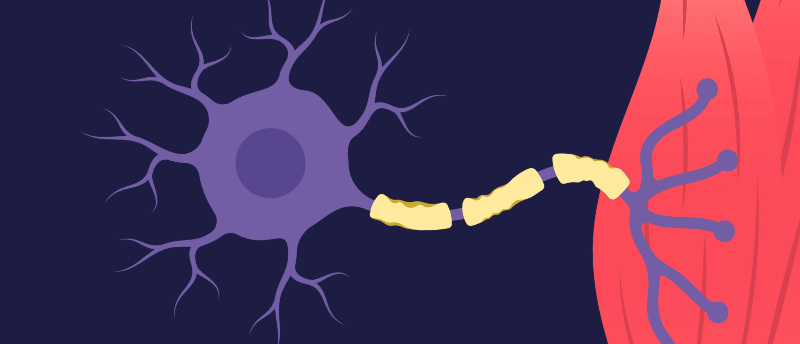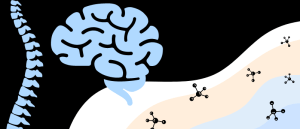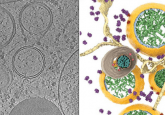Researchers discover new ALS gene

Researchers have found a new disease-causing mutation in people with amyotrophic lateral sclerosis in a small region of Spain.
Amyotrophic lateral sclerosis (ALS), also known as motor neuron disease, is a neurodegenerative disorder characterized by the progressive loss of motor neurons. Most cases of ALS have no known cause; however, 5–10% of cases are familial, and in 30% of these cases, there is no identified genetic cause. Now, researchers from Sant Pau Research Institute (IR Sant Pau) and Sant Pau Hospital (both Barcelona, Spain), led by Ricard Rojas-García, have identified a new mutation in the ARPP21 gene as a cause of ALS. The discovery opens the door to improved diagnostics and potential therapies.
ALS is a rare disease, with an average incidence of 1.4–2.47 cases per 100,000 people per year. However, between 2009 and 2022, clinicians at Sant Pau Hospital, a national referral center for neuromuscular diseases, observed that this incidence was significantly higher in the La Rioja region of Spain. “We noticed that there were many patients from this area, from very close towns, which attracted a lot of attention,” explained corresponding author Ricard Rojas-García (IR Sant Pau).
 Biomarkers of progressive supranuclear palsy identified in spinal fluid
Biomarkers of progressive supranuclear palsy identified in spinal fluid
The recent discovery of a unique protein pattern in spinal fluid may make earlier diagnosis of progressive supranuclear palsy a reality.
The researchers decided to see if they could identify a common gene related to ALS in individuals who had tested negative for known ALS genes. To do this, the researchers performed whole-genome sequencing of 12 people with ALS from the region, 5 of whom had a family history of the disease. The study also included members of affected families and additional cases from the surrounding area.
The team found a shared missense mutation (c.1586C>T; p.Pro529Leu) in the cyclic AMP-regulated phosphoprotein 21 (ARPP21) gene in 10 people with ALS from 7 unrelated families. They had no mutations in other known ALS-causing genes.
ARPP21 is an RNA-binding protein widely expressed in the human brain. It is involved in RNA metabolism, which is deregulated and central to ALS pathophysiology. Many of the genes known to be implicated in ALS encode RNA-binding proteins.
“This mutation will not only help diagnose ALS more precisely, but also opens the door to researching new personalized therapies and studying the function of this protein in the disease,” commented first author Oriol Dols-Icardo (IR Sant Pau).
As the results are from a small region in Spain, the team hopes that researchers and clinicians around the world will review their databases and patients to see if this mutation is present elsewhere.





